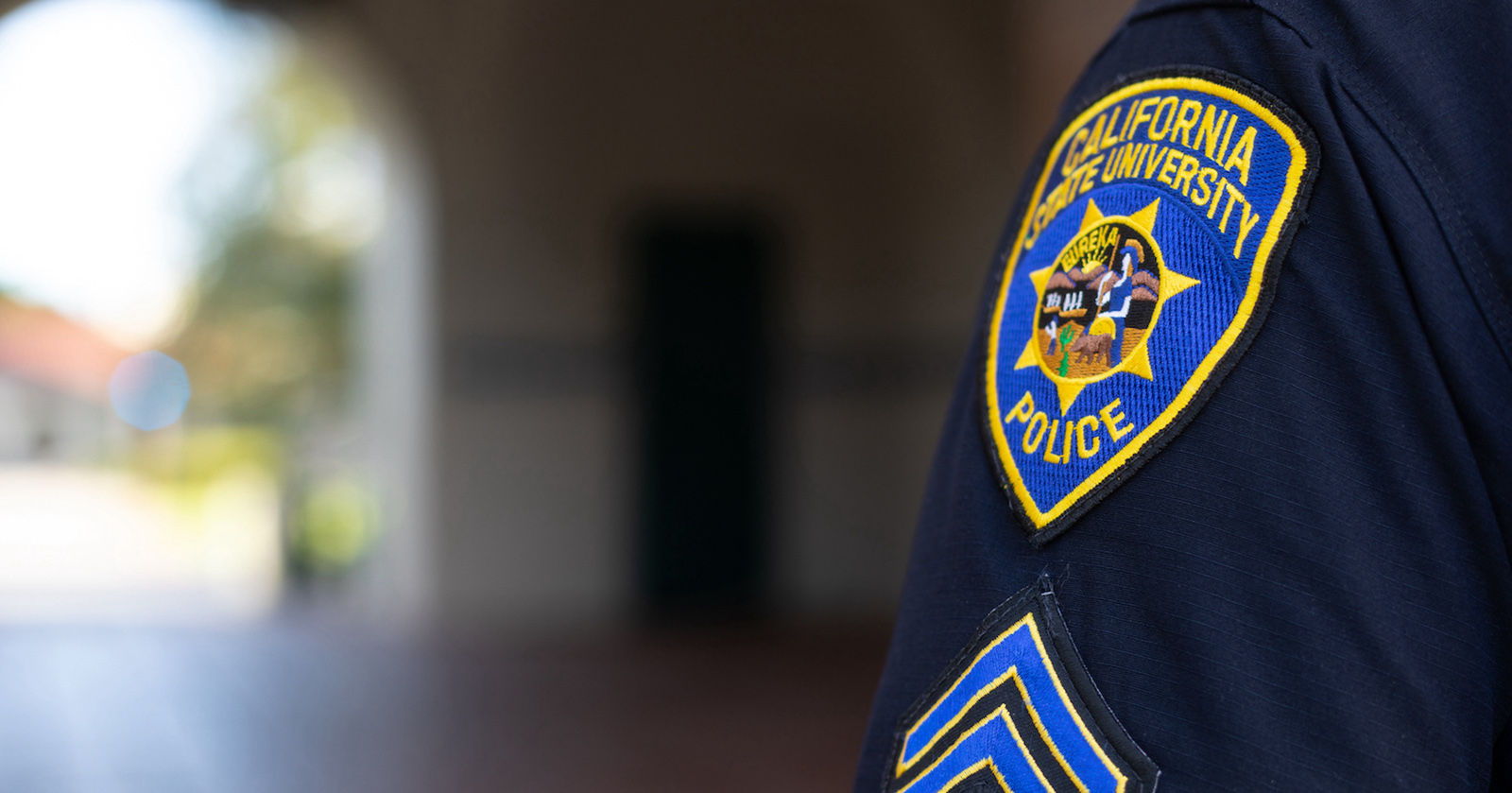Campus Security Authority
The Federal Department of Education defines Campus Security Authorities (CSAs) as:
- A campus police department or a campus security department of an institution.
- Any individual who has responsibility for campus security but who does not constitute a campus police department or a campus security department (e.g., an individual who is responsible for monitoring the entrance to the institution or providing safety escorts).
- Any individual or organization specified in an institution's statement of campus security policy as an individual or organization to which students and employees should report criminal offenses.
- Any official of the university who has a significant responsibility for student and campus activities, including but not limited to student housing, student discipline, and campus judicial proceedings. An official is any person who has the authority and the duty to take action or respond on particular issues on behalf of the institution. Examples (outside of a police or security department) include, but are not limited to:
- Dean of students, director of Athletics and athletic coaches, faculty and staff advisors to student organizations, housing director and resident advisors, coordinator of Fraternity & Sorority Life, Title IX coordinator, ombudsperson, director of Student Health Services, and director of Counseling & Psychological Services.
The California State University (CSU) system encourages all members of their campus communities to contact their dedicated UPD when they have been the victim of or have witnessed criminal actions. The Clery Act requires certain individuals that are designated as Campus Security Authorities (CSAs) to promptly report allegations of Clery qualifying crimes that occur within a campus' Clery Geography reported to them for inclusion in the annual security report (ASR).
Crime Reporting
For statistical purposes, all CSAs are required to promptly report crimes to the Clery compliance director or designee, including hate crimes, which are reported to them in their capacity as CSAs, to help inform whether a timely warning or emergency notification to the campus community is warranted. If known, CSA's reports to the Clery compliance director or designee include the following:
- The crime that was reported and the information provided
- The exact location where the crime occurred
- The date and time the crime occurred
- Any witness and perpetrator information
- Victim information, unless the victim requests confidentiality
In the event the victim does request confidentiality, enough information must be obtained and provided by the CSA about the criminal incident to prevent over-reporting or double counting of the incident.
CSAs are not responsible for determining authoritatively whether a crime took place, only to report the information promptly to the Clery compliance director or designee if the CSA receives an allegation of crimes reported to them in their capacity as a CSA.
CSAs should make the victim or third party they are in contact with aware that UPD and Title IX make both confidential and non-confidential resources available that may be helpful to victims or witnesses of a crime and encourage them to utilize the resources available.

